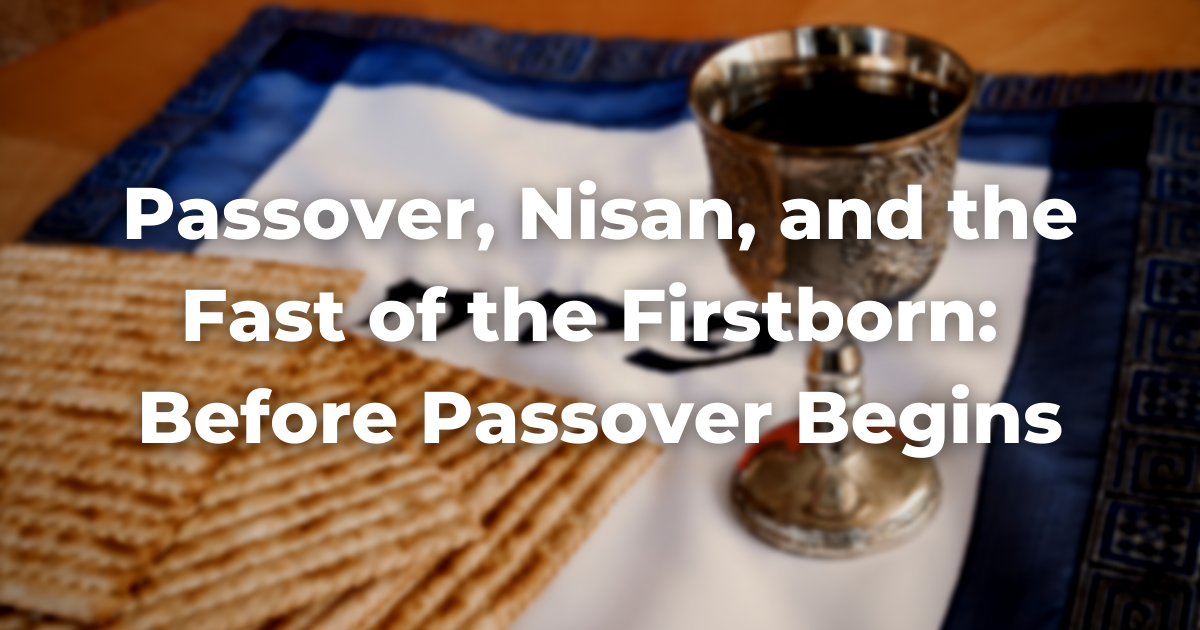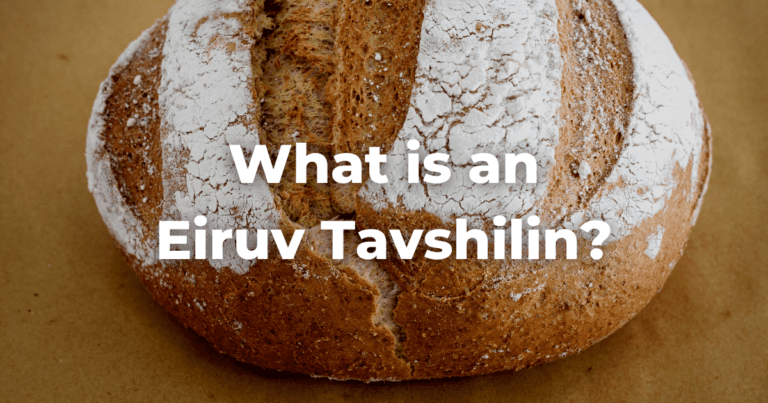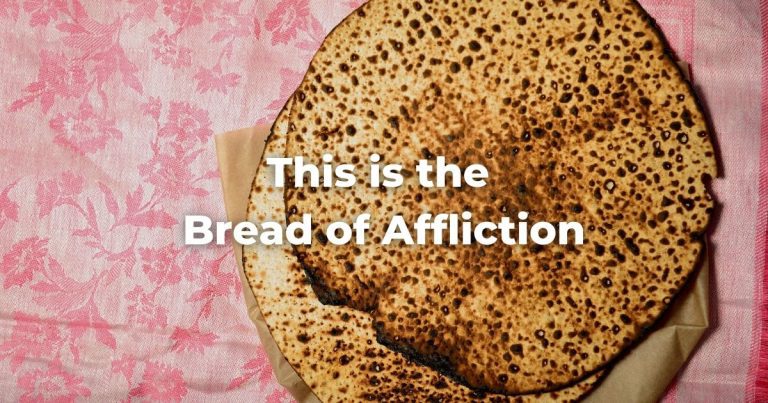The Month of Nisan
With the commencement of the month of Nisan, preparations for Passover begin in earnest. Tradition nods to the coming celebration by requiring that Taḥanun (also spelled Tachanun), at best a lugubrious addition to the worship service, be omitted during morning prayers and that long eulogies be omitted at funerals (SA Orach Chayyim 429:2).
Also, certain prayers deemed too mournful or distressing are omitted from the funeral liturgy.
The idea is that the approaching communal celebration should take precedence over the personal mourning of individuals.
Passover as History and Destiny
Passover, widely known by its Hebrew name, Pesaḥ (also spelled Pesach, Pesah), commemorates the exodus from Egypt. On a spiritual level, the festival confronts us with the notion of redemption. In terms of the calendar, it occurs in the spring.
All three of these concepts—freedom, redemption, and springtime—come together in different aspects of Passover observance.
Historically, the exodus from Egypt that Passover commemorates was (along with the events at Mount Sinai) one of the defining moments in Jewish history, but Passover, more than any other festival, also looks to the future toward God’s redemption.
Indeed, Passover provides the context for traveling from the ancient past into the glorious future: just as God brought Israel out of Egypt, and just as the Jewish people continues to observe Passover in every generation, so too will God deliver Israel from the suffering- ing of this world, bringing us from a world of poverty, pain, and loss to a world of wholeness, peace, and contentment.
It has been a long journey. Still, at its core, Judaism is an optimistic faith and Passover is the holiday of hope that enables us to continue the journey from year to year and from generation to generation. Passover is also called the Springtime Festival (ḥag ha-aviv) at Deuteronomy 16:1.
On Passover, we open the doors to our homes and declare, “Let all who are hungry come and eat!” Rather than wait until the very last minute to look after the needy, however, it is an ancient custom to collect money prior to Passover to provide for the less fortunate. Many rabbis today conduct Passover appeals, often referred to as ma·ot ̇ittim (money for wheat) campaigns, for this purpose.
The Fast of the Firstborn
In 2024/5784, the fast is on: Monday, April 22nd.
The last of the ten plagues, the “slaying of the firstborn sons of Egypt” was the dramatic culmination of the events that led up to the exodus from Egypt. To formalize the unwillingness of the formerly oppressed to celebrate the suffering of the innocent that led to their liberation from slavery, and to nurture the deep humility that ought to accompany such unwillingness, the custom arose for the firstborn child in every Jewish family to fast on the eve of Passover.
When Passover begins on Saturday night, however, the fast is moved up to the preceding Thursday. When Passover begins on Friday evening, however, the fast is not moved back—it not being formally forbidden to fast on Fridays—and is observed as normal on Friday, the eve of Passover.
Most congregations hold a siyyum to circumvent this fast, preferring to avoid any public expression of regret for what was, in effect, a divine miracle of salvation. Since the fast of the firstborn is not biblically mandated, participation in a joyous feast, like one marking the completion of a tractate of TalmudReferring to one of two collections, the Jerusalem and Babylonian Talmuds, edited in the 6th century, that contains hundreds of years of commentary, discussion, and exploration of the ideas in the Mishnah. One could describe it as Mishnah + Gemara = Talmud Read more, overrides the fast.
Click here for the Rabbinical Assembly’s Siyyum one-pager.
The Historical-Gendered Element of the Fast
Traditionally, the fast of the firstborn was undertaken by men, not women, because it was understood to reflect the biblical plague brought by God against the firstborn sons of Egypt, not its firstborn daughters.
There is, however, no reason for women, or those who do not identify as male, who wish to acknowledge the suffering of the innocent children of Egypt not to fast on the eve of Passover as well, if they wish, or to participate in a siyyum feast to relieve themselves of the need to complete a fast that they have personally accepted upon themselves.
Indeed, the Shulhan Arukh itself notes that there are those who feel that firstborn women must fast (SA Orach Chayyim 470:1), and that should certainly provide ample justification for any women who wish to take the fast or the obligation to attend a siyyum upon themselves.
Adapted with permission from The Observant Life.
Authors
-

-



The Observant Life: The Wisdom of Conservative Judaism for Contemporary Jews distills a century of thoughtful inquiry into the most profound of all Jewish questions: how to suffuse life with timeless values, how to remain loyal to the covenant that binds the Jewish people and the God of Israel, and how to embrace the law while retaining an abiding sense of fidelity to one’s own moral path in life. Written in a multiplicity of voices inspired by a common vision, the authors of The Observant Life explain what it means in the ultimate sense to live a Jewish life, and to live it honestly, morally, and purposefully. The work is a comprehensive guide to life in the 21st Century. Chapters on Jewish rituals including prayer, holiday, life cycle events and Jewish ethics such as citizenship, slander, taxes, wills, the courts, the work place and so much more.
View all posts





